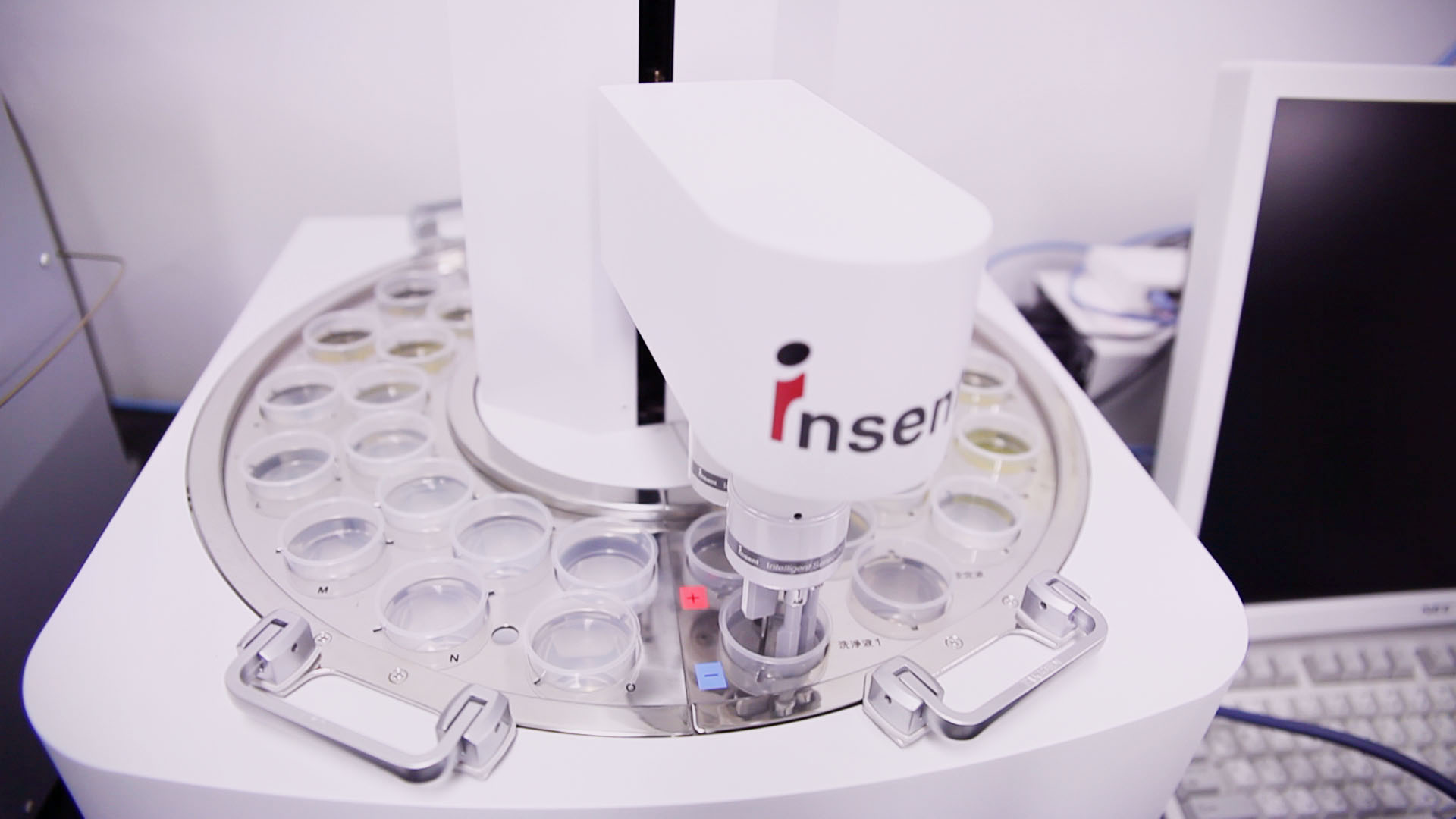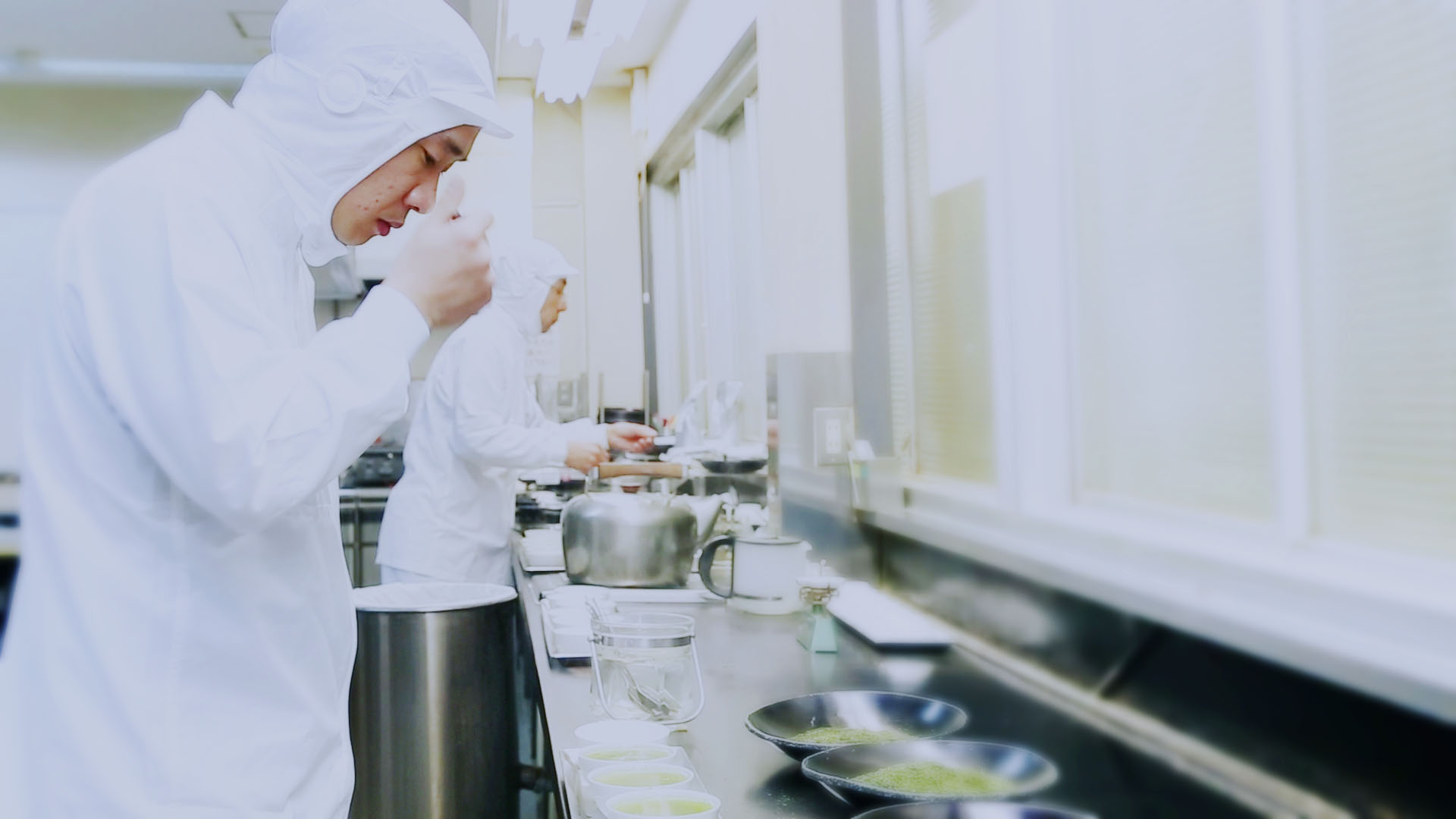From the time of foundation, Harada Tea has put a high priority on not only maintaining the taste and quality of our tea, but also making sure to ensure food safety.
Traceability
At Harada, we have the capability to track and maintain records on the source and producer of all of the tea leaves that end up in our final packages. Our traceability system is thorough and all-encompassing. We of course know from which farms the materials come, but can also check which pesticides were used and when, and only procure leaves which meet out strict demands for compliance and quality. After this, we keep detailed records of when and at which factories each material is processed, and track the contents of each specific product and each individual lot.
Traceable Items:
・Maker, production date, area of origin, tea cultivar
・Harvest date, processing date, packaging date
・Pest control history (amount, types, application date of pesticides, and period before harvest)
Quality Control Department
The quality control department is an independent division that strictly monitors all stages of the production operations. Raw tea leaves, production processes, and finished goods all undergo stringent quality checks at every stage. Items are tested for bacteria, and our trained and internally certified staff carry out observational sensory testing.

Material Analysis
・Observational testing, weighing, composition analysis, additive testing, pesticide residue testing, foreign object testing
Production Line Examination
・Observation testing, composition analysis, microbiological testing, seal testing, oxygen level testing, weighing
Product Testing
・Composition analysis, observational testing, foreign object testing, weighing, seal testing, oxygen level testing, microbiological testing
Observational Testing

Devotion to the Quality Management Process
While creating a quality management system is difficult, building high level knowledge and awareness in individual producers is even more challenging. Each tea maker takes pride in their work, but creates an individual management process to ensure their daily actions are correct. Within this environment, Harada was an early adopter of the ISO9002 certification, receiving it at all of our factories from 2000. In addition, using expert knowledge from the GAP (Good Agricultural Practices) system, we can assure consistent improvements in safety and quality not just within our company, but also in the wider industry and internationally as well.